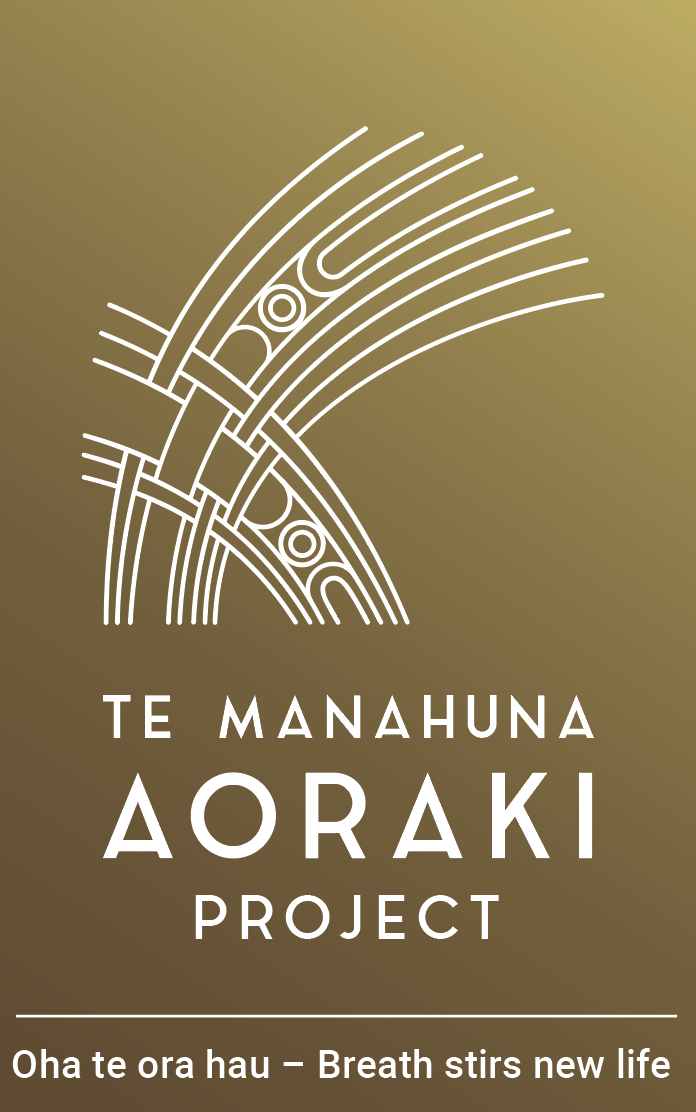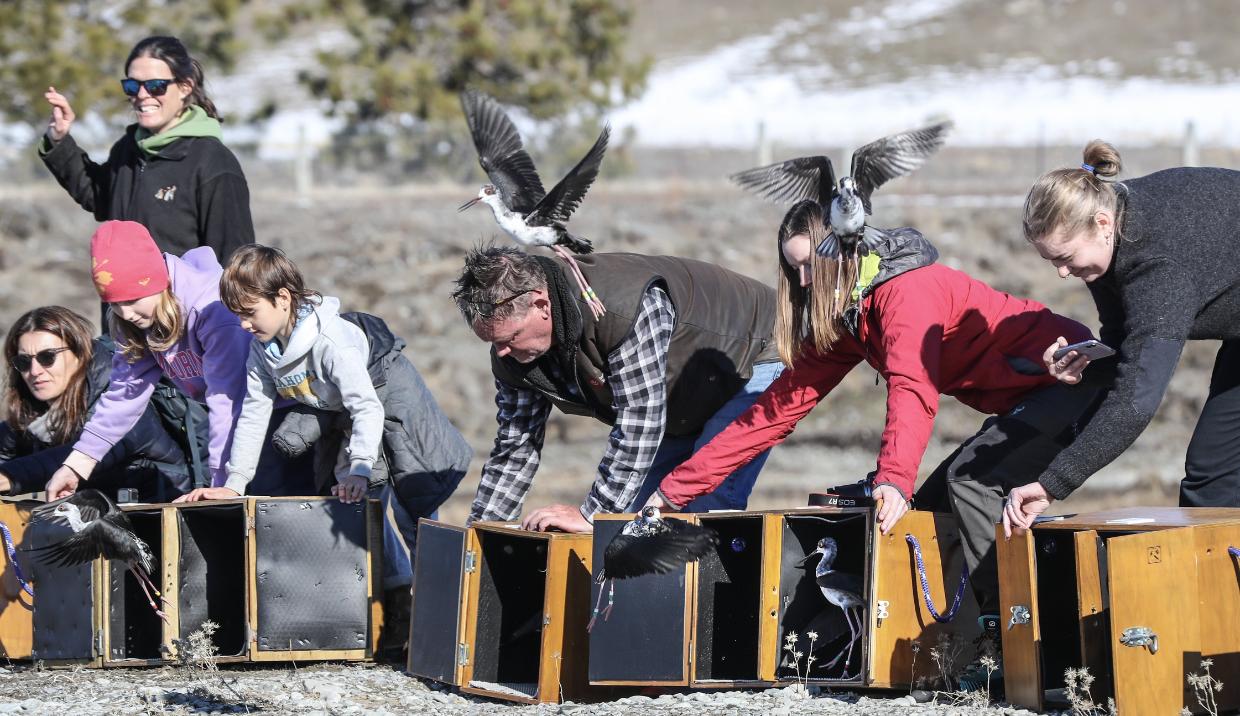The future is looking up for one of the world’s rarest bird species, with 80 kakī/black stilt released at Lake Takapō/Tekapo on Saturday (August 3rd), and more releases in the Mackenzie to follow.
By Rachel Comer
Story Excerpt
The future is looking up for one of the world’s rarest bird species, with 80 kakī/black stilt released at Lake Takapō/Tekapo on Saturday, and more releases in the Mackenzie to follow.
It marks another successful captive breeding season for the Department of Conservation’s (DOC) Kakī Recovery Programme, with 160 sub-adult kakī/black stilt scheduled for release over the next week.
DOC’s Claudia Mischler said the sub-adult kakī/black stilt had been in captivity in Twizel since birth.
“This is the first day of their new life,’’ she said at the release.
She said the programme aimed to increase the number of birds in the wild.
“We collect all the eggs during the summertime and bring them to the captive facility in Twizel and then they hatch there and get raised there.’’
The birds stayed in the aviaries during winter and are released in late winter, Mischler said, which increased their chances of survival.
“It’s always nice for myself and the team to get to this point.
“All our hard work is resulted in this [release] so [it’s] good to see them back in the wild where they need to be.’’
She the programme was “very lucky’’ to have the support of land owners in the Mackenzie Basin.
“They allow us access to the farms to go and find the breeding pairs, so we wouldn’t be able to do half of what we accomplish without their support.’’
Following Saturday’s release, another 61 kakī raised at the Isaac Conservation and Wildlife Trust, and 17 from the department’s Twizel aviaries will go to the Tasman Valley some time in the coming week, depending on the weather.
According to DOC, two more birds are undergoing treatment for bumblefoot/ulcerative pododermatitis at the Wildlife Hospital, Dunedin, and will hopefully be fully recovered and fit for release in the next couple of weeks.
Captive rearing for wild release takes place at DOC’s Twizel facility and The Isaac Conservation and Wildlife Trust in Christchurch, and is a significant part of the Kakī Recovery Programme.
Staff will provide the newly released sub-adult kakī with supplementary feeding for the next few weeks to help them settle into their new environment while they are learning to fend for themselves, DOC says.

